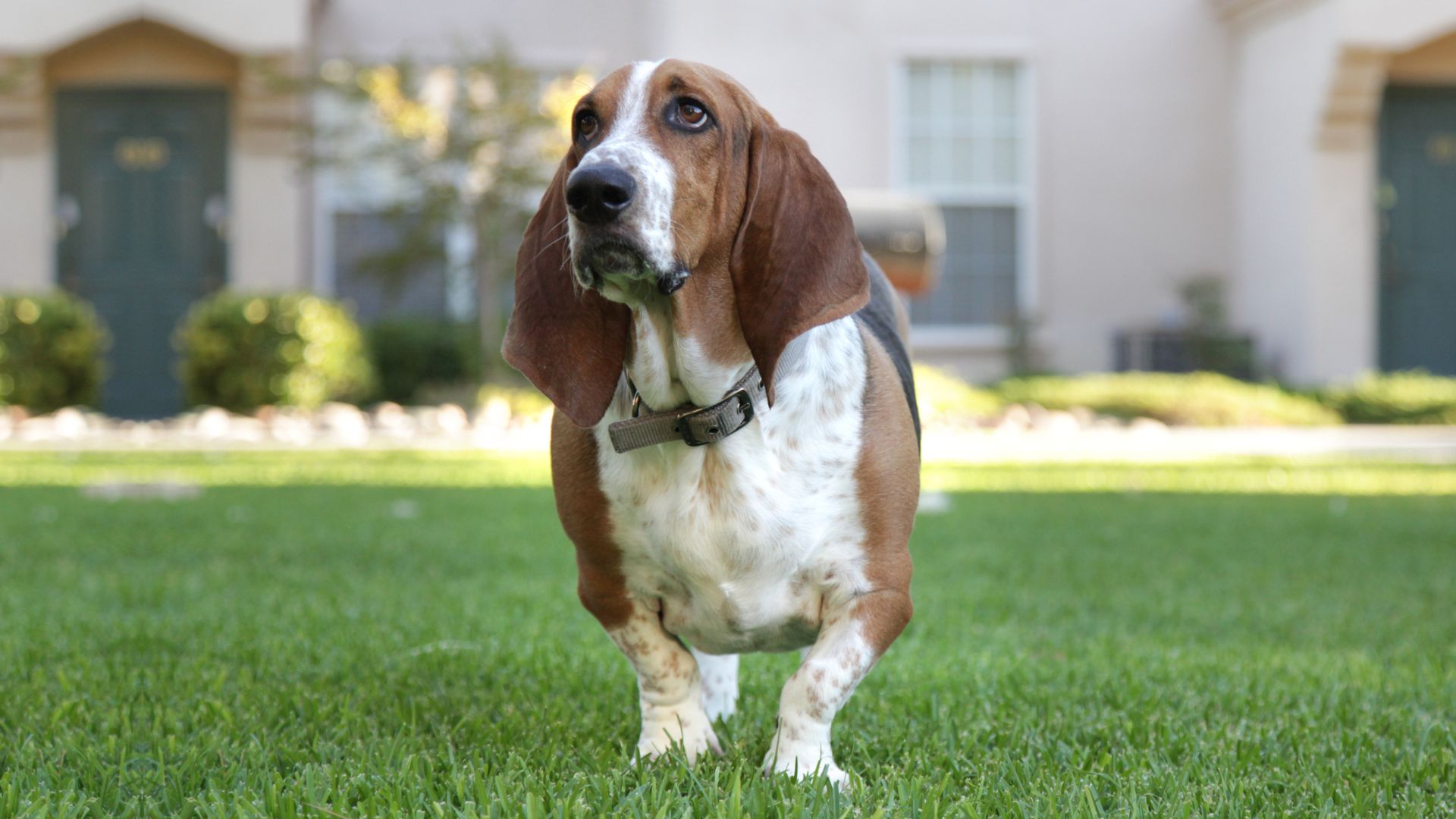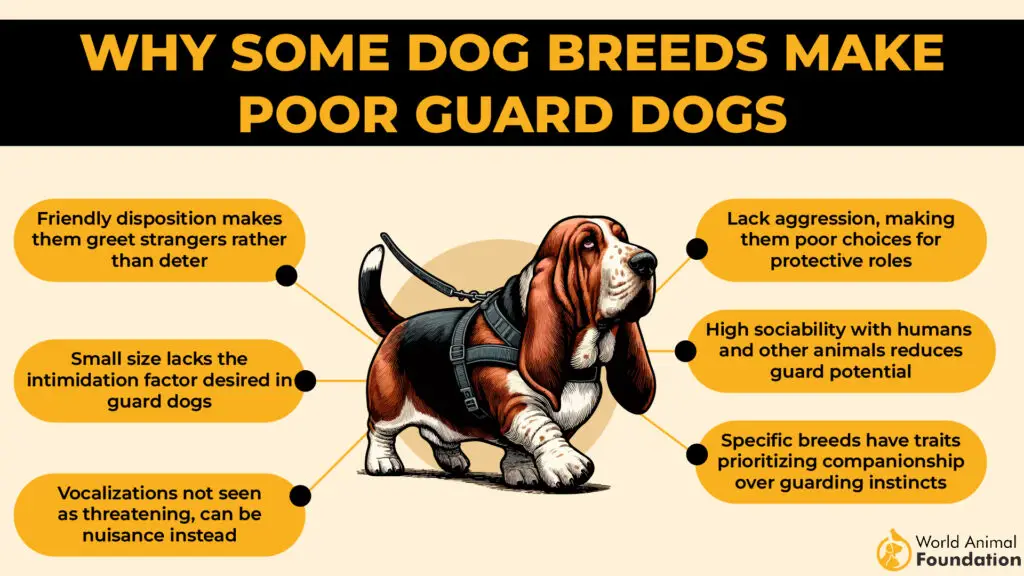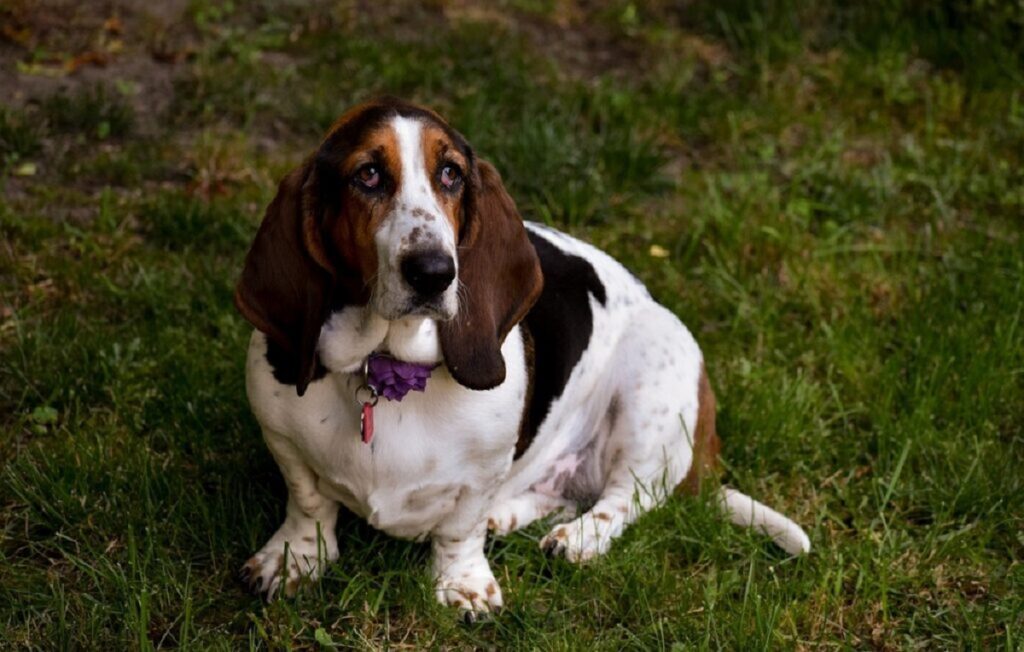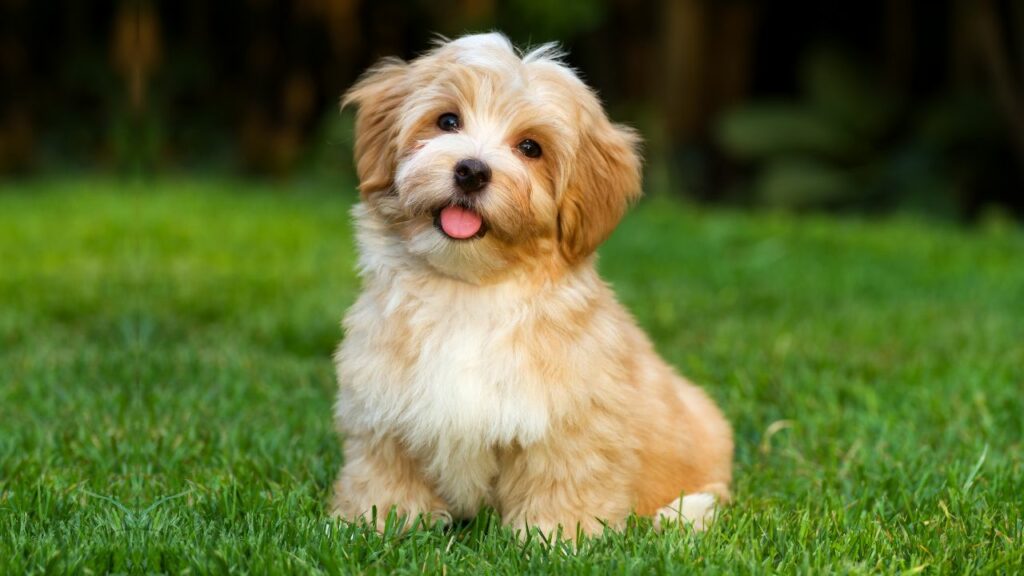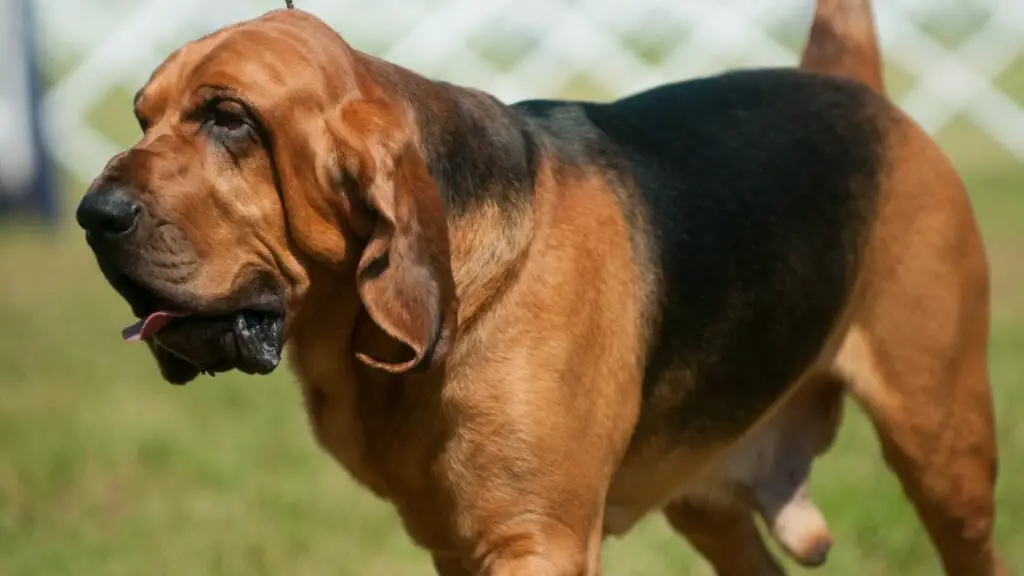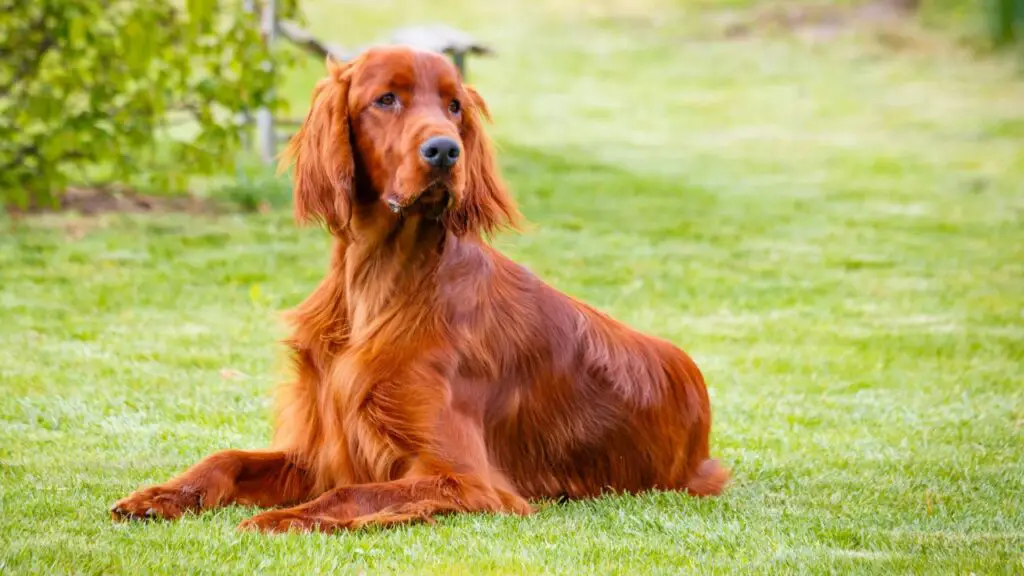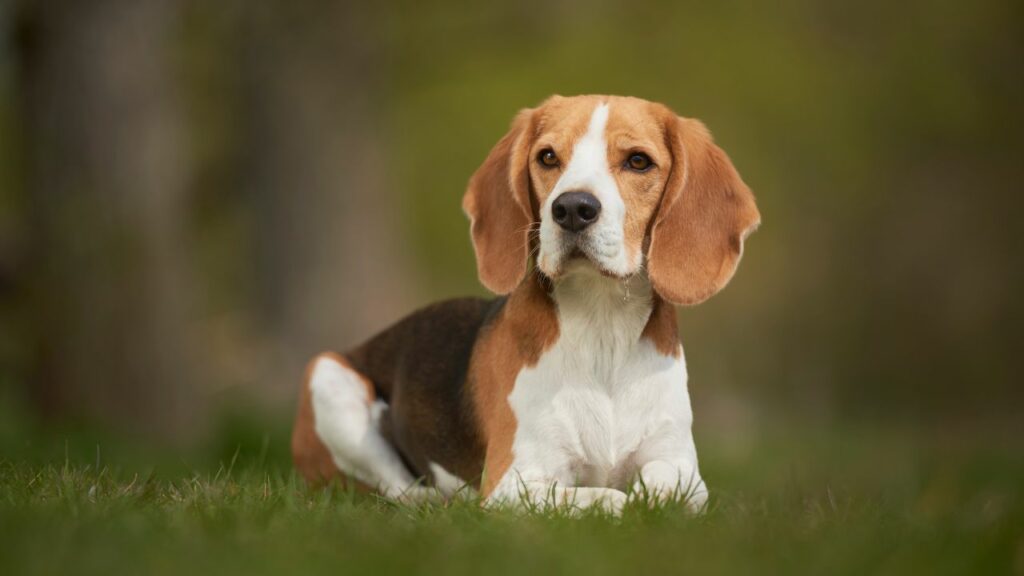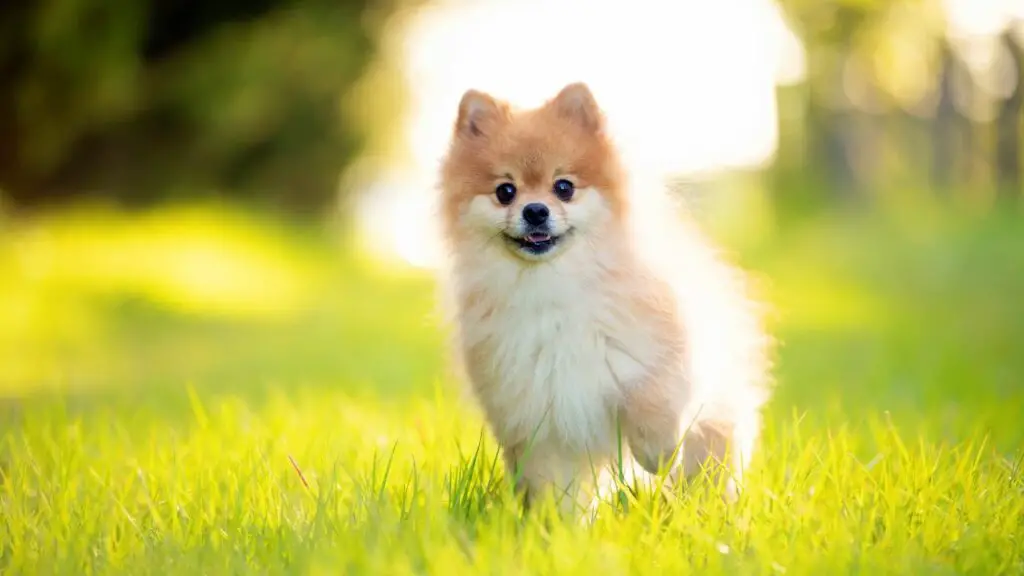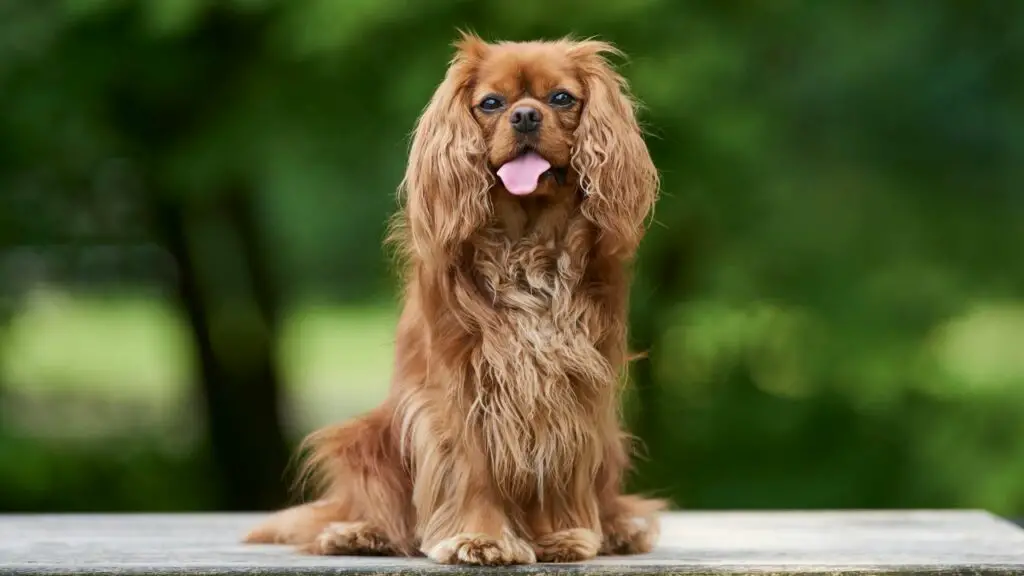Think a guard dog needs to be a snarling beast? Think again. Some breeds are just too sweet for the job, showering affection on strangers rather than protecting your property. While adorable, these lovable lugs are more likely to welcome burglars with wagging tails than warning barks. Explore the seven worst guard dog breeds – canine companions who prioritize cuddles over security – and discover why their friendly nature makes them terrible protectors but wonderful pets. Prepare for an overload of cuteness!
If you’re on the hunt for a guard dog to deter intruders, picking just any breed won’t cut it. Believe it or not, some dogs are more likely to welcome a burglar with kisses than scare them away! It’s a common misconception that any big dog can be a formidable guardian. In reality, size doesn’t always equal bravery or intimidation. While some smaller or medium-sized dogs can surprisingly excel as protectors, certain large breeds might not have a single intimidating trait.
The ideal guard dog is more than just a fearsome face; it’s about having a dog that’s alert, protective, and knows when to bark. You want a dog that’s wary of strangers, not one that offers belly rubs at the first sign of an intruder.
After all, a guard dog that’s too friendly could easily make friends with someone they’re supposed to be guarding against. And, as odd as it might sound, some of the most intimidating-looking dogs would rather snuggle than stand guard.
But fear not; we’re here to help you learn about the breeds that are the least effective at guarding your home.
Worst Guard Dogs
1. Basset Hound
Basset Hounds, known for their long ears and sad-looking eyes, might seem like they’d be good at keeping watch, but they’re actually quite the opposite. They prefer relaxing over being on guard duty. According to Orvis, Basset Hounds sees everyone as a friend, which means they’re not the best at protecting their home or their family. They don’t tend to stay very alert around the house.
View this post on Instagram
These dogs are super friendly and more likely to approach strangers with interest rather than caution. They have an amazing sense of smell, but this often leads them off track, sniffing out interesting scents instead of acting as guard dogs. At most, they might bark a little, but they’re generally more welcoming than intimidating to anyone who comes by.
Basset Hounds enjoy a laid-back lifestyle, perfectly content with lounging around all day. They’re ideal for first-time dog owners or those who prefer a more relaxed approach to training. With their extremely friendly nature, you won’t have to worry about aggression from these gentle dogs.
2. Havanese
The Havanese is a gentle and sweet breed, making an excellent addition to any family. They might be small, but they can serve as watchdogs, alerting you with barks when someone approaches. However, their size doesn’t make them the best guard dogs. While friendly, Havanese can be cautious around new people, yet they’re never aggressive.
View this post on Instagram
These dogs are known for their playful mischief. Without firm and early training, they might indulge in cheeky behaviors like playful nipping and chewing on household items. But don’t let this deter you; Havanese are smart and responsive to training. They thrive on human interaction, are full of energy, and are always up for playtime. This breed loves to be the center of attention and forms strong bonds with their families.
Havanese are not just great companions; they’re also stars in the making, excelling in tricks, dog sports, and show rings. Their intelligence leads them to invent games, often “training” their owners to join the fun. They can also make wonderful therapy dogs, particularly those who are outgoing and enjoy meeting new people.
3. Bloodhound
Bloodhounds, originally bred for tracking and hunting, are now commonly seen as sniffer dogs thanks to their exceptional sense of smell. At home, they are affectionate and relaxed, making them wonderful family pets. However, their behavior as watchdogs can be unpredictable; some may alert you to visitors with barks, while others might not make a peep, making them unreliable in that role. Furthermore, their lack of territorial instincts means they’re not natural guard dogs.
Despite their size, Bloodhounds are not aggressive, though they can be shy, highlighting the importance of early and diverse socialization. They’re known for their gentle nature, especially in a family setting where they become deeply connected to their human pack, mirroring their moods.
When following a scent trail, Bloodhounds transform into focused and determined trackers, showing a level of perseverance that can challenge their owners. The PDSA notes that while Bloodhounds are gentle giants suitable for families with children, their large size means they might inadvertently knock over smaller children, so caution is advised.
4. Irish setter
Irish Setters stand out for their stunning looks and amiable nature, yet they’re not cut out for guard dog duties. These dogs thrive on social interaction and warmly welcome everyone, strangers included. If an intruder were to enter, an Irish Setter is more likely to approach them with a wagging tail and curiosity than any form of defense. Their lively and affectionate temperament makes them fantastic companions for families, though their absence of protective instincts means they’re not the best at home security.
Irish Setters excel in dog sports, showcasing their obedience and skill in hunt tests, where their intelligence and trainability shine. Known for their friendly demeanor, they blend well into family life, though their size and exuberance might be overwhelming for small children.
Unlike some of their more reserved sporting breed counterparts, Irish Setters are playful and enjoy a good romp. Their true talent lies in their ability to work alongside hunters in the field, a testament to their smart, trainable nature.
5. Beagle
The Beagle is a bundle of energy and curiosity, perfect for those who love an active and exploring companion. Often overlooked as guard dogs due to their compact frames and friendly demeanor, Beagles were originally bred for hunting, making them adventurous and always ready for a challenge. Their short coats also mean they’re low maintenance when it comes to grooming.
Beagles are known for their joyful spirit and love for attention. They thrive on companionship and might resort to howling or becoming mischievous if left alone for too long. While they’re quick to sound the alarm with barking and howling, they’re not ones to follow through with more aggressive actions against intruders. Training is essential to manage their vocal tendencies.
@milothebeagleboy
Least he’s a pretty to look at #beagle #beaglesoftiktok #dog #cute #funny #dogsoftiktok #fyp #foryoupage #dogtraining
♬ Funny – Gold-Tiger
Petplan highlights that Beagles’ sociable and lively nature makes them excellent additions to families. They may be full of energy, which calls for careful supervision around young children. With their eagerness to please and sharp minds, Beagles respond well to engaging training and mental challenges, making them not just playful pets but smart ones too.
6. Pomeranian
Pomeranians are spirited and full of life, showing deep loyalty to their families, often forming a special bond with one person in particular. These little dogs are ever-vigilant companions, ready to alert their families by barking at any unfamiliar approach to the home or unexpected animal visitors. However, their small stature may not intimidate intruders, making them less suitable as guard dogs.
Despite their diminutive size, Pomeranians pack a courageous spirit, often seeming to forget just how tiny they are as they eagerly sound off. Their bright, loyal nature, coupled with a dash of stubbornness, underscores the importance of early and consistent socialization. While some may view Pomeranians as lap dogs, their loyalty manifests in staying close to their owner’s side, preferring companionship over being overly pampered.
Pomeranians don’t require extensive space to burn off energy, making them adaptable to both city living and suburban life. Indoor games and short outdoor walks usually suffice to keep them happy and healthy. It’s important to keep them leashed or in a secure area when outdoors to ensure their safety.
7. Cavalier King Charles Spaniel
Cavalier King Charles Spaniels shine with their loving and gentle demeanor, but they’re not cut out for guard dog roles. These small, cuddly dogs would rather snuggle in a lap than stand guard at the door.
Known for their overwhelming friendliness, even towards strangers, Cavaliers are more inclined to welcome an intruder with open arms rather than fend them off. Their small stature and non-threatening appearance don’t do much in the way of intimidation, but when it comes to offering affection and companionship, they’re unmatched.
Cavaliers might greet you with excited barks but don’t expect them to take on a protective role. Keeping their beautiful coat in top condition requires regular grooming. Traits like shyness and aggression are rare in this breed, making them joyful and safe pets for families with children. Their sociable nature and love for interaction make them delightful living companions, prioritizing relationships over protection.
Final Thought
While some dog breeds like Labrador Retrievers are among the favorite breeds for their friendly nature and companionship, they, along with other small dogs, might not make the list of great guard dogs. Despite the common belief that big dogs automatically qualify as good guard dogs, it’s not always the case.
Our four-legged friends come with a variety of traits, and a Labrador’s gentle disposition often places them and similar breeds among the worst guard dogs. However, their qualities of loyalty and affection make them invaluable as family pets. Remember, the best guard dog isn’t just about size; it’s about the specific traits that make dog breeds suited to guarding.
While certain breeds have reputations as intimidating guardians, temperament varies significantly between individual dogs. The breeds discussed, often dismissed as “worst guard dogs” due to their friendly nature, can still deter intruders through barking or their sheer size. However, relying solely on breed for protection is misguided. Ultimately, a dog’s effectiveness as a guard depends more on individual personality, training, and socialization than inherent breed traits. Choosing a dog based on desired companionship rather than guarding ability often leads to a more fulfilling pet ownership experience.

